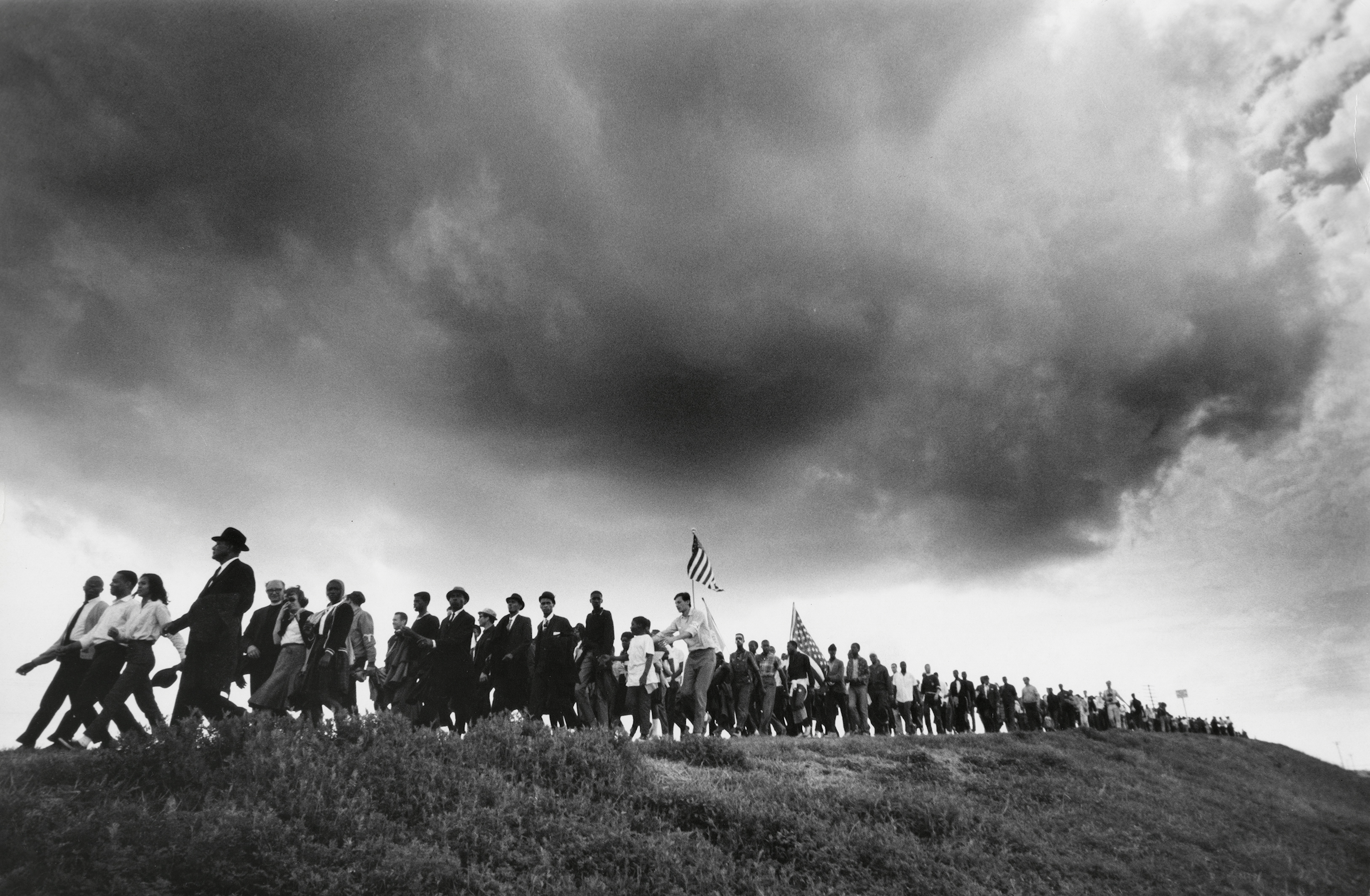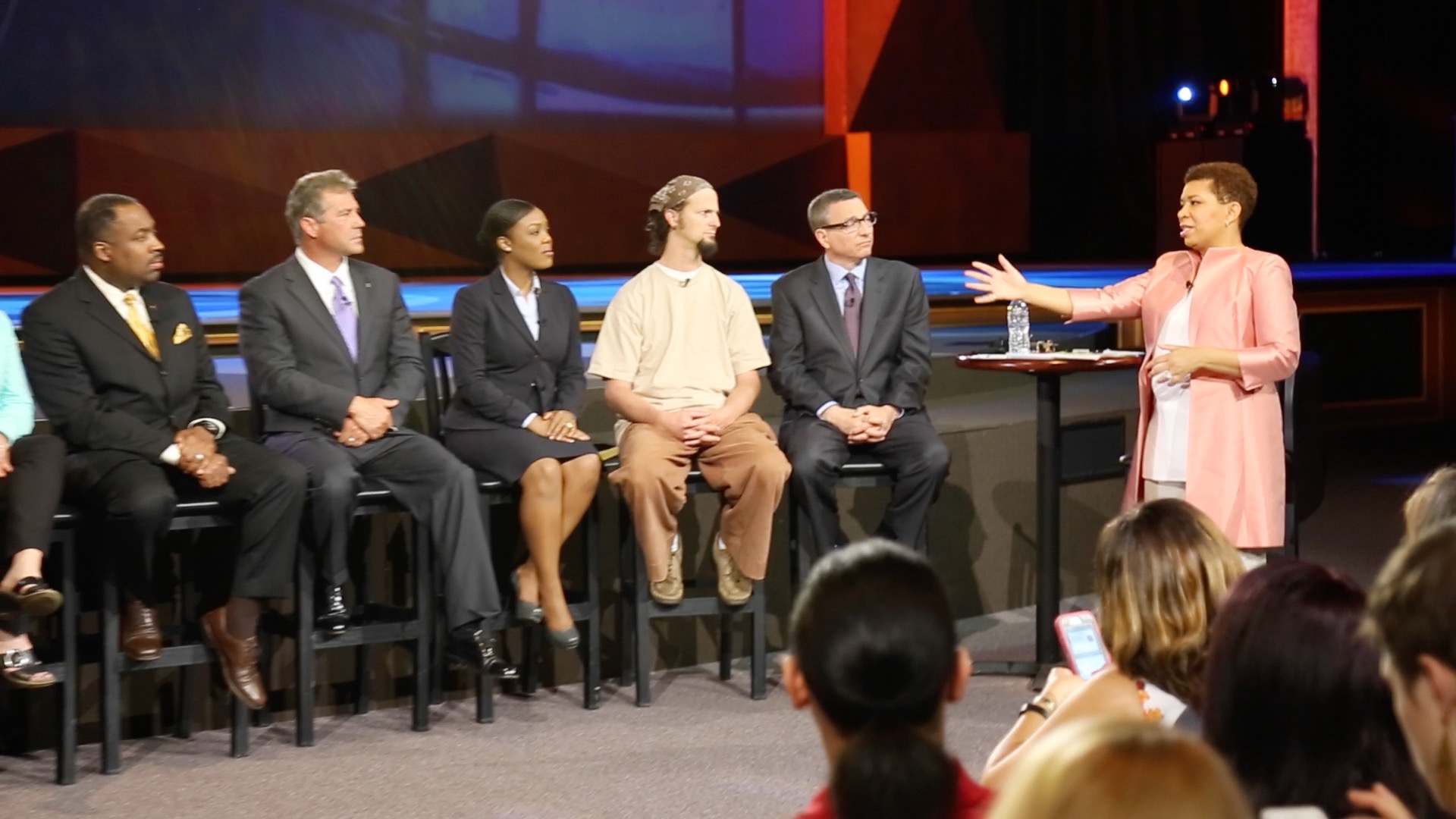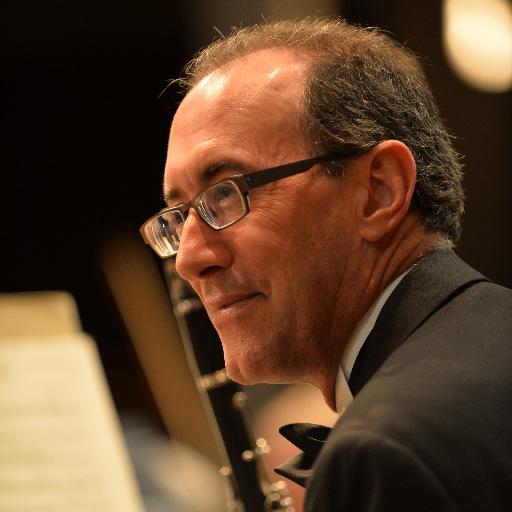Tag: PBS
‘The Pub’ #76: Carlos Watson on ‘Point Taken’ and the virtues of debate
Do debate-style public affairs shows inherently trivialize serious issues? Watson mounts a defense.Talk of election takes spotlight at PBS summer press tour
Even panels about shows not overtly dedicated to politics were immersed in campaign theories and analyses.PBS press tour brings preview of Burns docs, review of fireworks gaffe
Kerger said PBS’s handling of its broadcast of the annual Fourth of July fireworks on Washington’s National Mall was contrary to policy.PBS lays off six staffers, offers voluntary retirement packages
The layoffs are in the digital and marketing department.With American electorate more diverse than ever, PBS election specials explore impact of shift
The New Deciders and Willie Velasquez: Empowering the People are set to air this fall.At PBS Board meeting, Kerger hints at Gates Foundation digital funding
Kerger noted that PBS and the funder “have come close” to agreement.A look at previous presidents joins PBS lineup of election coverage
Six American Experience episodes will be rebroadcast in August.That time Muhammad Ali knocked out an opponent for public TV prime time
Whether in the boxing ring or in the field of public opinion, Ali knew how to win a fight.World Channel revisits iconic documentary series with new pledge special
The 30-minute show, which discusses how racial relations of today are reflected in the civil rights movement, is part of a package ...Documentaries, town hall expand PBS’s look at guns in America
PBS continues to defy bullets with words, resuming a conversation that its programmers hope will gradually bring opposing sides of the gun ...How public TV can connect with donors as viewing platforms shift
A station content director has been working to figure out that puzzle.Abigail Disney to women filmmakers: ‘It’s time to throw out the rulebook’
The director of The Armor of Light challenges women media-makers to rebel against the glorification of violence in film and television.A station CEO on the struggle to find public TV’s “driving force”
Steve Bass of Oregon Public Broadcasting reflects on the relationship of PBS and its member stations in the face of digital disruption.Two-night PBS special will examine growth of gun violence
Each broadcast will feature an Independent Lens documentary followed by a town hall.PBS board committee endorses tentative guidelines for new kids’ service
Board members also got an update on the success of PBS Passport.













